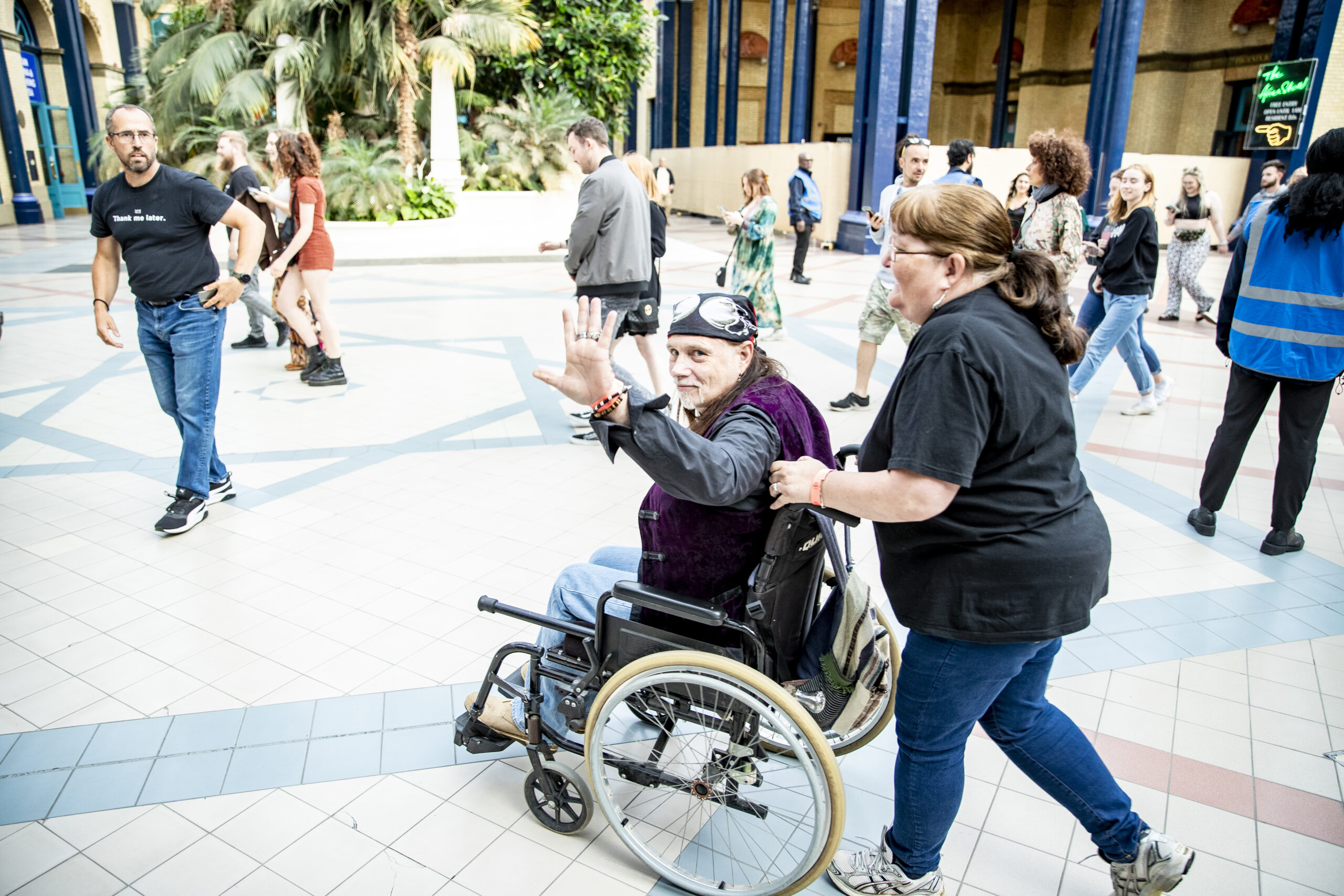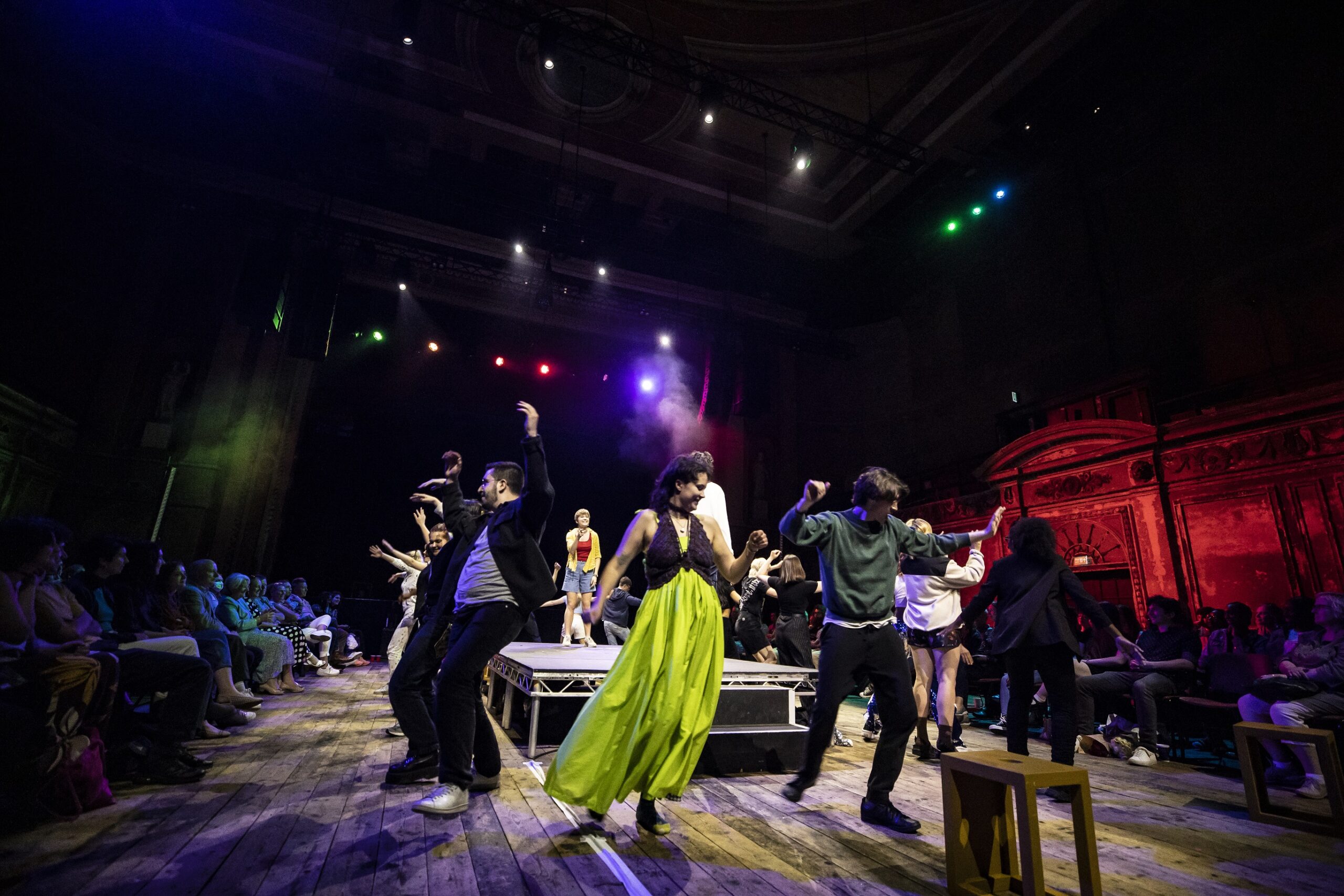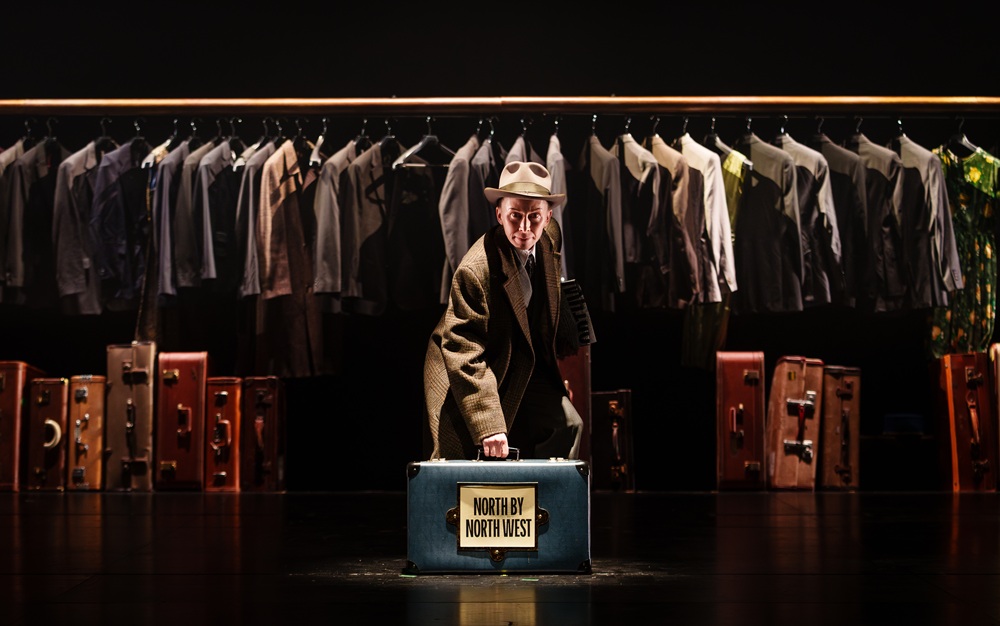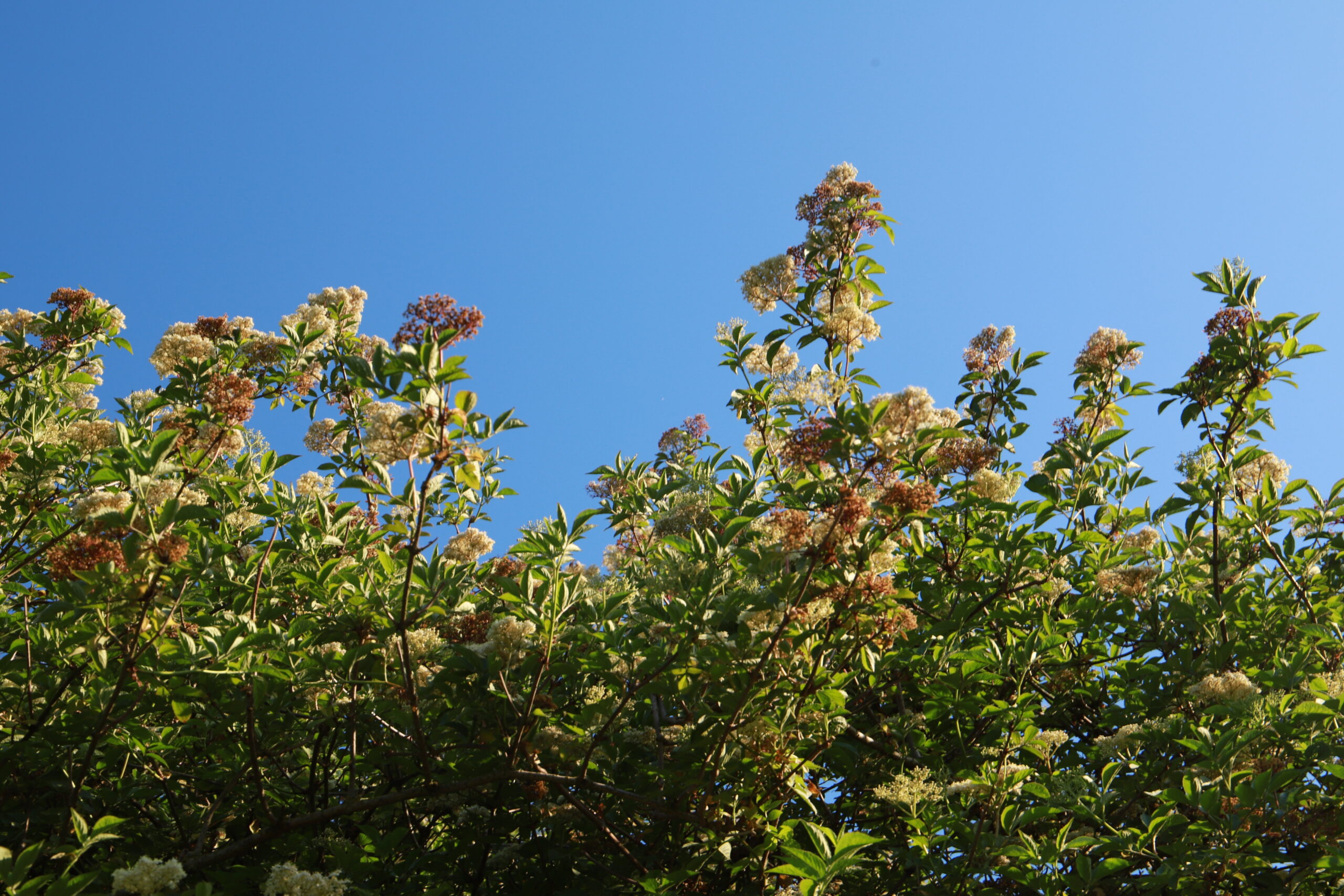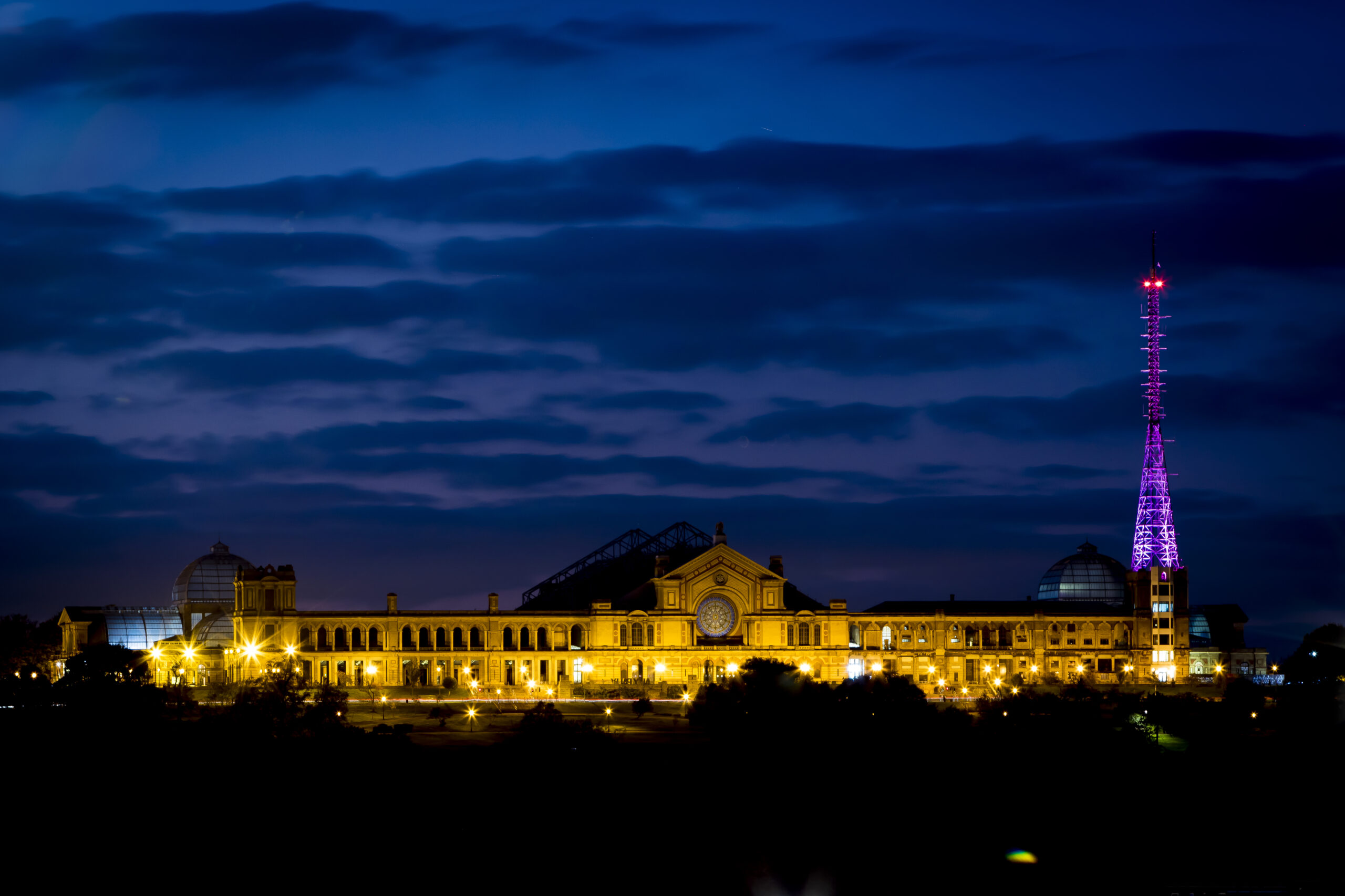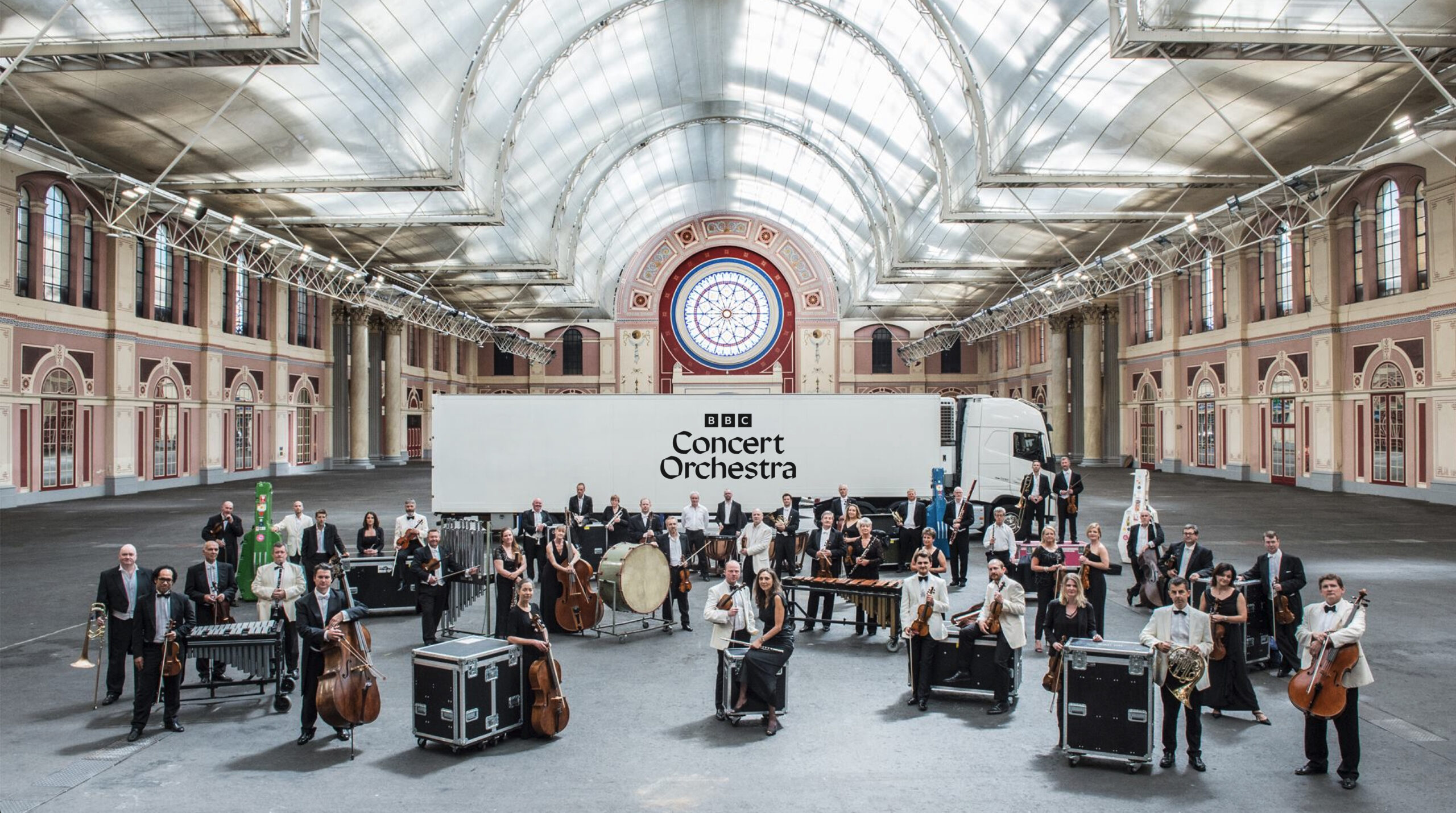Throughout 2022, we’ve been celebrating the BBC Centenary and the role Alexandra Palace played in different aspects of the national television service. Taking inspiration from the BBC’s mission to ‘inform, educate and entertain’ we quizzed Open University (OU) historian Dr Dan Weinbren, to get his special insights on the development of the OU, which broadcast educational programmes from the Palace’s studios between 1970 and 1981.
How did the ‘Ally Pally spirit’ – as described by former Head of the OU Production Centre – Bob Rowland help shape the OU’s approach to programme making? Although differing in their legal structure both the BBC and the Open University offer services to the public. They have worked together for over half a century to provide portals to other worlds. Their output and ethos also owes something to the Victorian notions of ‘rational recreation’. The OU drew upon the traditions of correspondence courses, associated with the rapid industrialisation of the Nineteenth Century and the university extension initiatives, which started in the 1870s. From its start, the BBC was also seen as a means to help those who wanted to better themselves.
Was there a collaborative relationship between academics and producers? Print, audio and televisual teaching materials were created by teams consisting of both OU and BBC staff. For the academics with their backgrounds in conventional universities to encourage students through the portal into the world of ideas and knowledge required them to imagine not just delivering authoritative lectures but finding new ways to address viewers as adults who were interested in learning. Producers (many of whom had academic backgrounds) were vital to that realisation.
What kind of constraints were the programme producers working with at Alexandra Palace? For a module called ‘Drama’ the OU Course Team selected plays ‘chosen for their importance in European drama’. As the programmes could only be 25 or 50 minutes in length only the second half of Sophocles’ Oedipus Tyrannus was dramatized. The 26×64 feet Studio A at Alexandra Palace was used with four cameras, one on a scaffold and a small circular acting space, a walkway from this to the Palace door and (to give an impression of an outdoor setting) illuminated sky-blue ‘walls’.
In addition to the constraints on time, space and budget there were also disputes over transmission. After a shortened translated version of Jean Genet’s 1956 play Le Balcon was made the Controller of BBC2, Aubrey Singer, wanted some scenes re-shot. The OU refused to remake the scenes so the play was not broadcast. At a ceremony to award degrees the OU’s Chancellor rebuked the BBC for the decision not to broadcast the play. It was shown at OU residential schools, which were held on hired campuses with students attending for up to a week. The director-producer Nick Levinson had a role beyond the studio. He was a colleague on the Course Team and sided with the OU. Singer also wanted the production of Georg Büchner’s Woyzeck edited (which did not happen) and moved from the Sunday schedule (and it was).
There was also acrimony over the coverage provided in the BBC’s listing magazine, Radio Times, and the announcement of forthcoming programmes and disputes about the sets, the clothes presenters wore and presentation skills. The Dean of Social Sciences was once summoned from Milton Keynes to Alexandra Palace to adjudicate when a BBC producer objected to the colour of politics lecturer Mike Barber’s shirt.
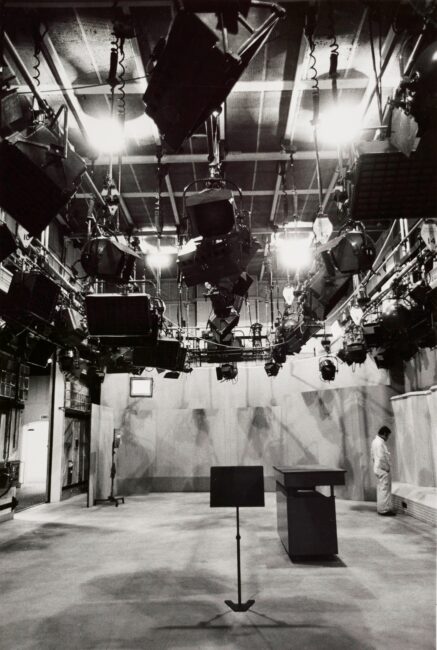
Do you think we take the University of the Air for granted now that the internet has replaced the encyclopaedia and we have Google, Wikipedia, YouTube etc to expand our cultural horizons? Teaching is less about an expert presenting information, formal concepts and theories and more about support for active learning by presenting ideas about critical engagement with a range of sources, including Wikipedia. The OU teaches a range of skills through staff and students interacting with each other.
What do you think the biggest game-changers were for OU adult learners? (eg. fitting study around family life, jobs. Advent of video-taping and technical advances etc.) When asked about the impact of the OU on their lives students tend to mention their improved job prospects, their improved confidence and their sense that they now feel much better equipped to understand, and engage with, the world around them, their families, their work colleagues, their communities. The OU student prisoners in the Maze/Long Kesh who contributed to the Peace Process attribute that development partly to their OU studies.
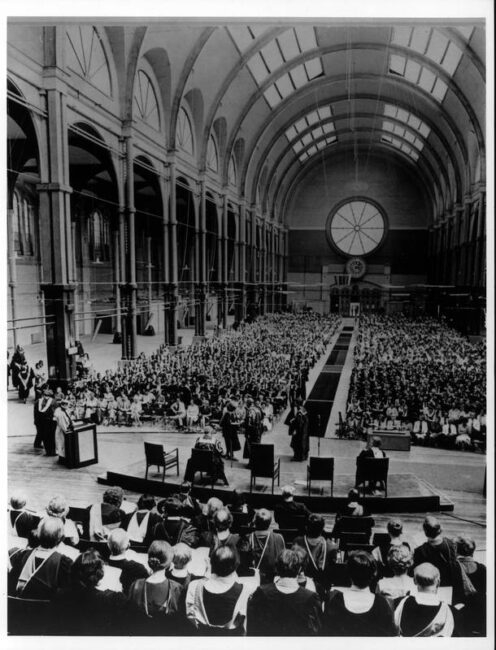
(OU graduation ceremony in the Palace’s Great Hall, 1973)
